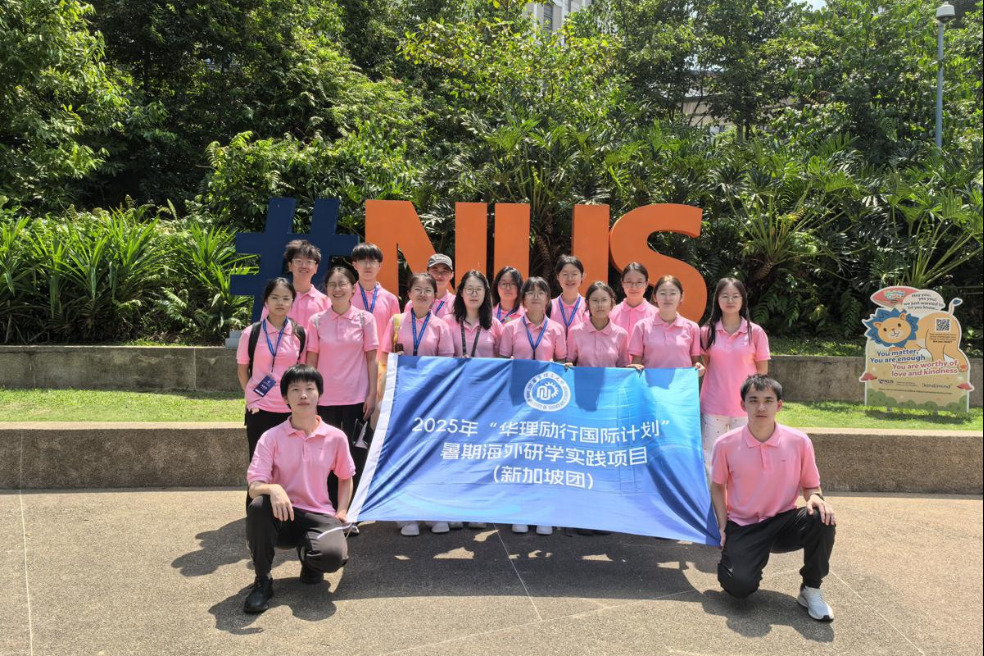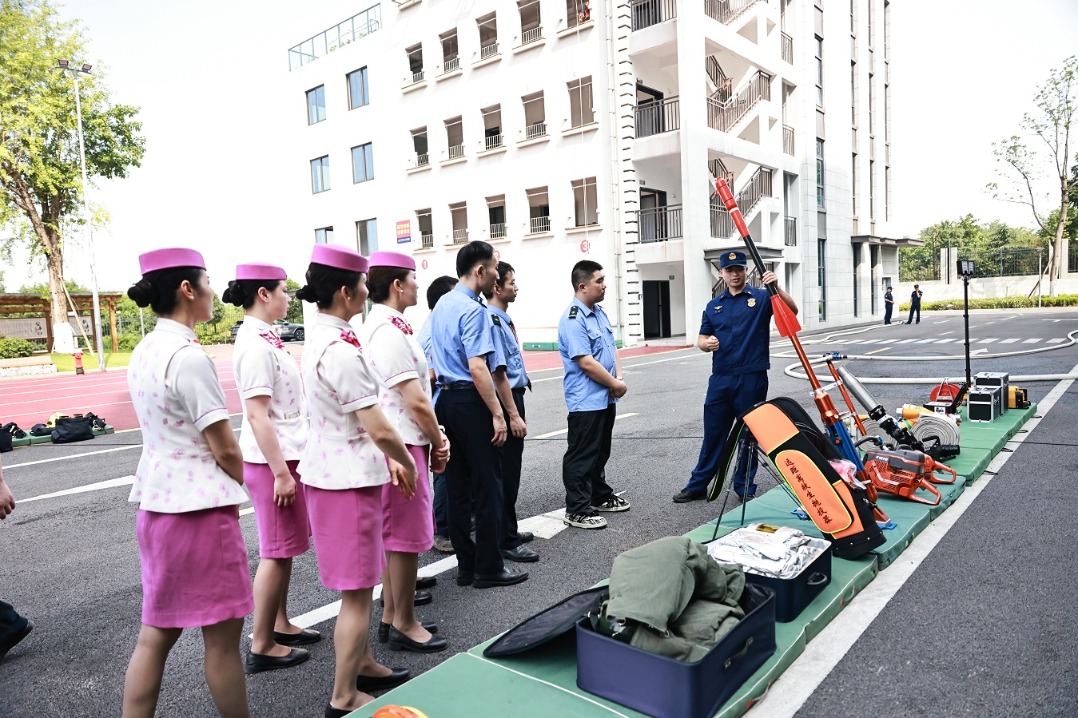CPC deepens the people's involvement in governance


Since the founding of the Communist Party of China in 1921 and the People's Republic of China in 1949, the leadership of the Party has always put the people's interests at the forefront. According to General Secretary of the CPC Central Committee Xi Jinping, who also is China's president and chairman of the Central Military Commission, the Party stands ready to jointly promote the cause of human progress and the building of a community with a shared future for mankind.
First, the CPC has led multiparty cooperation and political consultation between governance and participation in governance, leadership and collaboration, and consultation and oversight.
This has led the Chinese People's Political Consultative Conference, the nation's top political advisory body, to conduct intensive consultations with political parties and community-level and social organizations on issues relating to legislation, administration, democracy, political participation and social problems.
Second, China, as a rapidly developing socialist country, has been building a strong, robust and modern public governance system.
Remarkably, the CPC leadership has brought about economic development by introducing rule of law, upholding the significance of the people, fostering new ideas and ushering in the concept of national rejuvenation through the Chinese Dream.
Third, the CPC leadership has made every effort to ensure sufficient funding in its successful bid to eliminate absolute poverty. Since 2013, fiscal funds for eradication of extreme poverty from governments at all levels cumulatively reached close to 1.6 trillion yuan ($248 billion), among which 660.1 billion yuan has come from the central government.
Fourth, the CPC has advocated the development of public participation mechanisms to help inform the drafting of increasingly complex laws and policies, and to win the understanding, trust and support of the people for such actions.
Most important, since the reform and opening-up policy was introduced in 1978, the CPC Central Committee has provided the public with important information for judging the governance policy.
Fifth, the CPC's policies recognize the constructive role that Chinese civil society plays. As of October 2016, there were over 675,000 social organizations registered in the country.
Sixth, Chinese government agencies at all levels annually release millions of documents on their own initiative. In 2015, the central and provincial-level governments answered nearly 600,000 information requests.
Seventh, legislatures and governments at the national and local levels have taken advantage of the internet to begin publishing draft laws and rules for public comment online, as part of a broader e-government initiative that prompted establishment of official government websites, which now number 86,000.
Eighth, the CPC has united the country's 56 ethnic groups and guaranteed safety and stability. This has enabled China to plan and implement policies and to become the second-largest economy in the world, with a total GDP of $15.66 trillion in 2020.
Ninth, the CPC is simultaneously engaged in a long-term government project to modernize China's governance tools and institutions to accommodate a rapidly changing society with a more market-oriented economy.
The CPC-led system involves effective feedback mechanisms that help fuel innovation and energize improvement, including the use of scientific polling to get a sense of what people think.
In 1989, China's top legislature, the National People's Congress, adopted a seminal law that allowed Chinese citizens to sue the government when its actions harmed their rights and interests.
There are a number of insights that Africa can learn from regarding the CPC's governance model. Africa's political parties must firmly begin to place the interests of the population in their policy deliberations and implementation.
The most enduring lesson for Africa from the CPC's experience is that long-term stability of political parties is absolutely necessary for sustainable development.
The author is director of the Centre for Strategy and Political Management at the Kenya-based Africa Policy Institute.
- ECUST students embark on student exchange program in Singapore
- Rare Oriental darter spotted in Hainan for first time
- Xizang capital launches battery-swap new energy taxis
- Regatta draws nearly 400 rowers to Suzhou Creek in Shanghai
- Qilian Mountains glisten with summer snow
- Former deputy chief of China's State Tobacco Monopoly Administration expelled from CPC





































